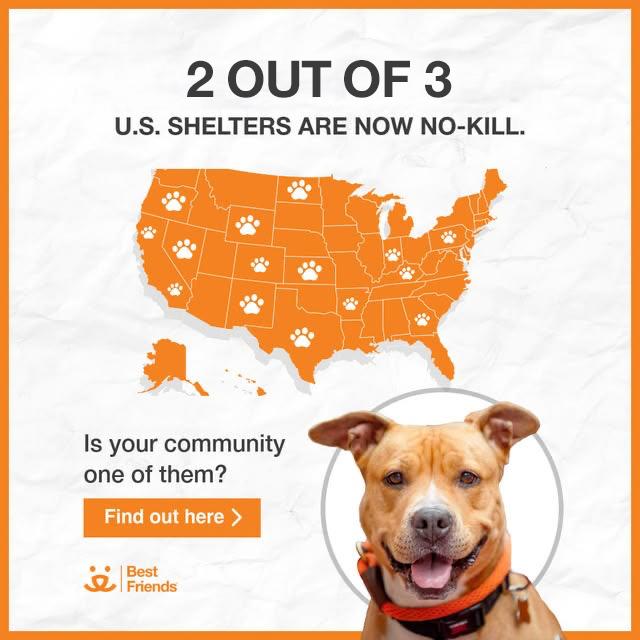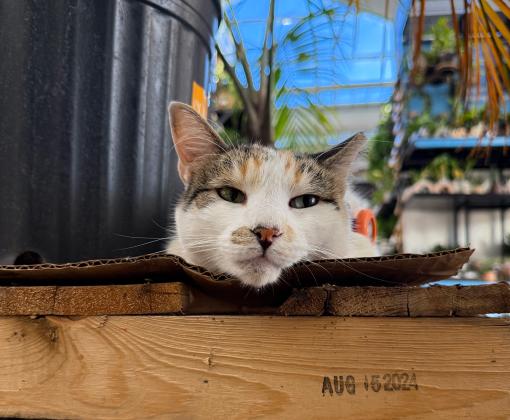
What Vaccines Does a Horse Need?
If you’re caring for a horse, you’ll need to know what vaccines a horse needs and how often they should be administered. The answers to those questions can depend on several factors, including where you live, your horse’s disease risk, and the horse’s overall health.
Do you take your horse to shows, clinics, or group trail rides where there are other horses? Do you live in a dry or wet climate? Does your horse have health conditions that could make vaccines unsafe? All these factors and more will help your veterinarian make a vaccine plan for your horse.
Here are some frequently asked questions about horse vaccination.
What are the core vaccines for horses?
The core vaccines for horses are given to prevent:
- Tetanus
- Eastern/western encephalitis
- West Nile virus
- Rabies (depending on the risk in your area)
The core vaccines are considered vital to most horses’ health, based on the severity of the disease they prevent, transmissibility to humans, and/or risk of exposure. These core horse vaccines are typically given once, followed by a booster a month later and then once a year after that.

See how your community is doing
What other vaccines might a horse need?
In addition to core horse vaccines, your veterinarian will talk to you about vaccines they recommend for your horse based on risk. Risk-based vaccines include those given to prevent equine herpesvirus, influenza, and streptococcus equi (strangles).
Check Out Best Friends' Horse Haven
How do I develop a horse vaccination schedule?
Vaccine schedules for horses should be developed under the supervision and expertise of a veterinarian. There is no one-size-fits-all recommendation for horse vaccines, and it is not a good idea to choose which vaccines your horse needs on your own.
Your veterinarian will assess the overall health and disease risk of your horse and then create an individual vaccination plan. Vaccinations are designed to be used in healthy animals only; vaccination of unhealthy animals can lead to vaccine failure and other complications.
How often should I get my horse vaccinated?
Some vaccines are given yearly, while others need to be given more frequently. Your veterinarian will make a schedule that’s the best fit for your horse.
What are the signs of an allergic reaction to vaccines in horses?
Symptoms of allergic reactions to vaccines can include swelling or abscess formation at the administration site, hives, fever, and colic. Giving a horse multiple vaccines at one time can increase the risk of reactions.
What should I do if my horse has an allergic reaction to a vaccine?
If your horse shows symptoms of having a vaccine reaction, call your veterinarian right away. Depending on the type of reaction, you might be able to alleviate your horse’s discomfort with simple treatment. If the reaction is more severe, your horse might need veterinary help.
It’s also a good idea to report reactions to the vaccine’s manufacturer, as well as to the USDA Center for Veterinary Biologics. To contact the USDA center, call 800-752-6255; for more information, go to the agency’s website.
